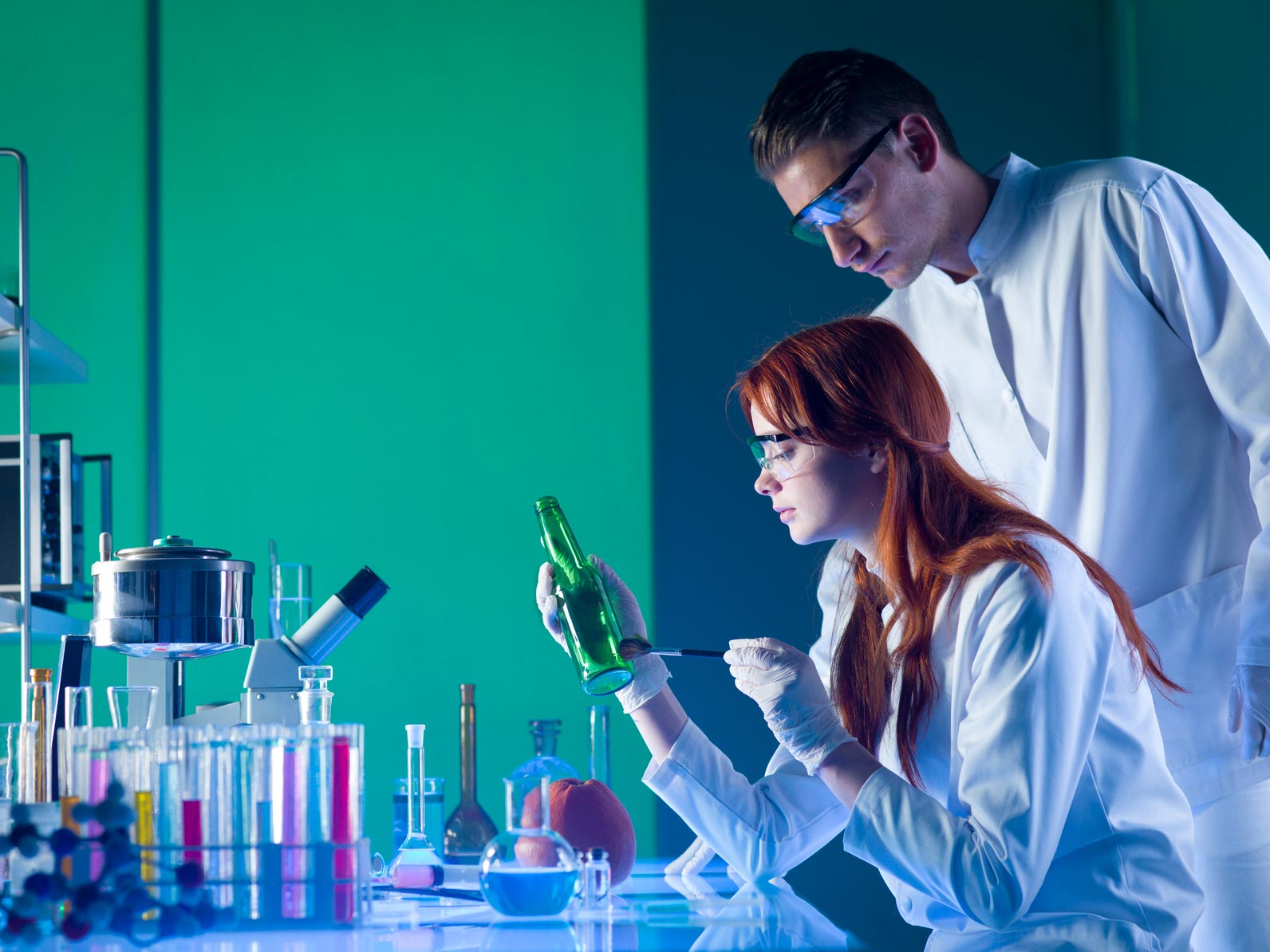A Day in the Life of a Forensic Toxicologist

The Daily Routine of a Forensic Toxicologist
Have you ever wondered what a forensic toxicologist is and asked yourself, “I wonder what a day in the life of a forensic toxicologist would be like?” Basically, it’s like watching the lab technicians on CSI but you need to be aware that the case won’t solve itself in a day and it definitely won’t be easy. You need to be able to persevere regardless of how hard the work may seem; you need to remain level headed and perform well enough under pressure in a manner that guarantees that the chain of evidence isn’t contaminated or even broken. You need to vigilantly document every step you take to guarantee that the results were not tampered with and are correct.
Regardless of how much time has passed, poisoning victims has always been a favorite amongst criminals as it is more easily accessible and often imitates common medical illnesses that could sometimes cause your friendly local GP to misdiagnose you. Forensic toxicologists ensure that no foul play is involved – it is essential for accidental deaths, suicides and even for those who have passed away while working with harmful or illegal substances.
A forensic toxicologists job is not only about the guts and gory details such as death and substance abuse but they also study the effects of toxins in the environment and assesses the chemical risk of compounds to ensure that they are safe for human use or consumption. This is for things such as pesticides (which are in your garden or used on fresh produce) or even new pharmaceutical remedies.
The normal day for a forensic toxicologist includes but is not limited to:
Lab research:
This includes categorizing and segregating toxins and determining the impact that it may have on fauna or flora as well as human beings. The best part about lab work is that it is often necessary for a forensic toxicologist to experiment on bacteria and the like to gauge the molecular effects of the toxin involved. Your work would also consist of hours spent working in the lab using microscopes or viewing digital images of toxins on slides or cultures.
Fieldwork:
Chances are that as a forensic toxicologist you would be able to spend a portion of you day out in the field examining sites that may or may not have toxic residue. These can include various short diagnostic tests or collecting samples to take back to the lab for in-depth analysis.
Analysis:
Using the results from completed experiments conducted in the lab or out in the field, a forensic toxicologist will then spend time analyzing data, reconfirming the initial results and comparing it with other viable research.
Advisory work:
This includes reports, scientific papers, formal presentation of findings, or, depending on if and what they specialize in and how relevant it is to the case, they might even be called in as expert witnesses to testify on behalf of or against a client.
Working as a forensic toxicologist can be an extremely gratifying job, you are able to give back to not only the community by testing for toxins but also to the bereaved of loved ones who passed away under suspicious circumstances. A forensic toxicologist’s job is not easy but it is a worthwhile endeavor.




